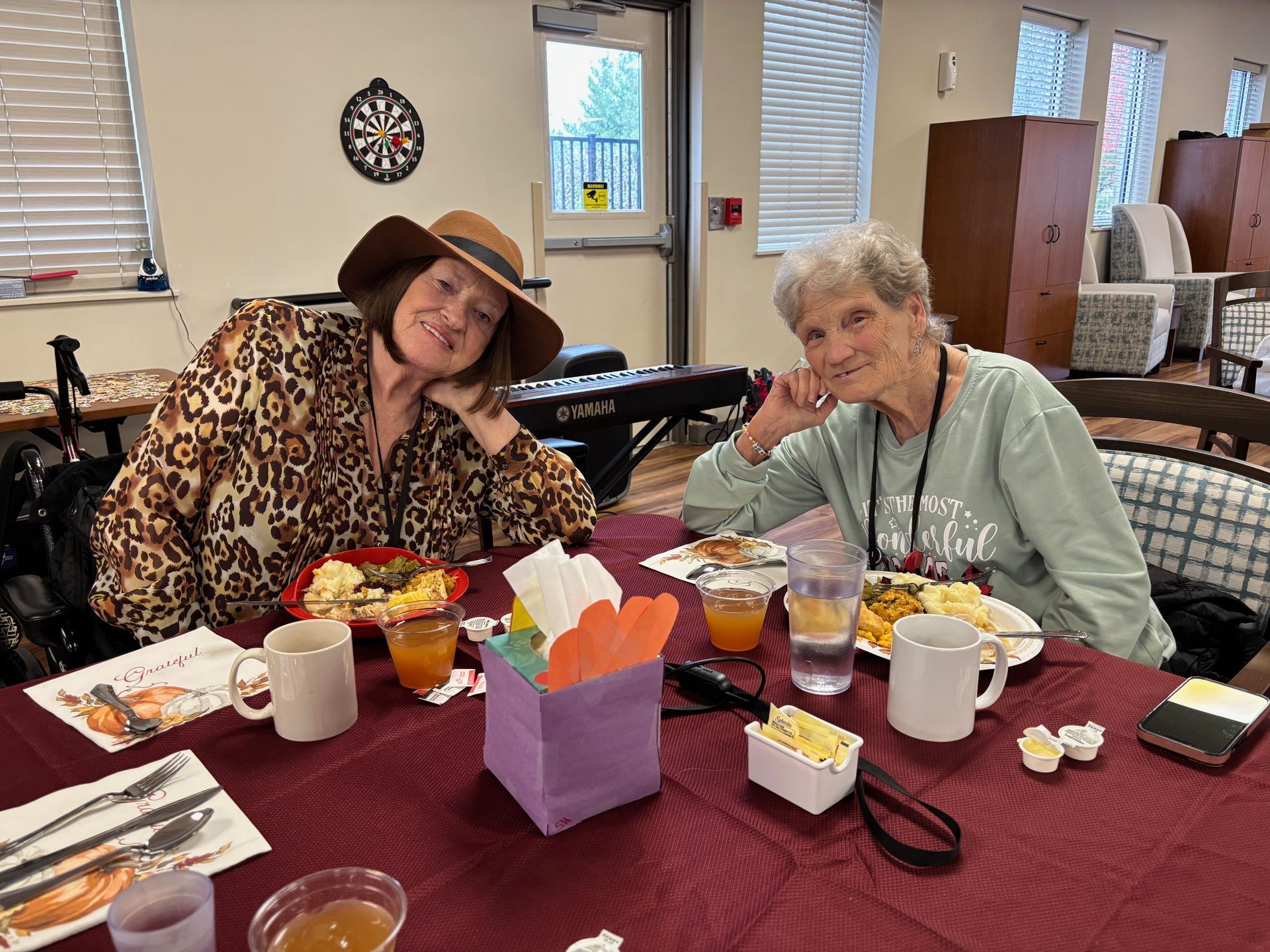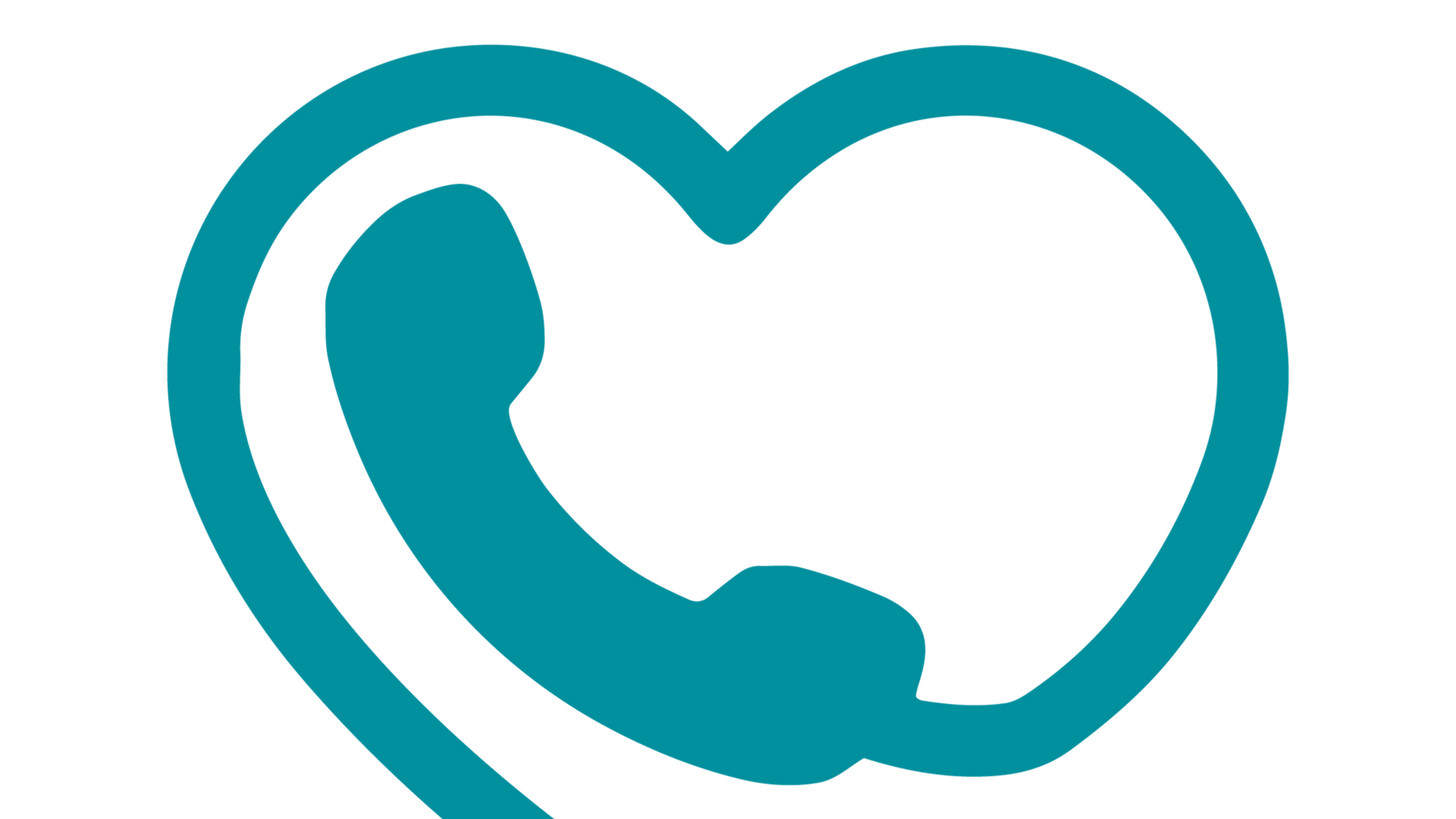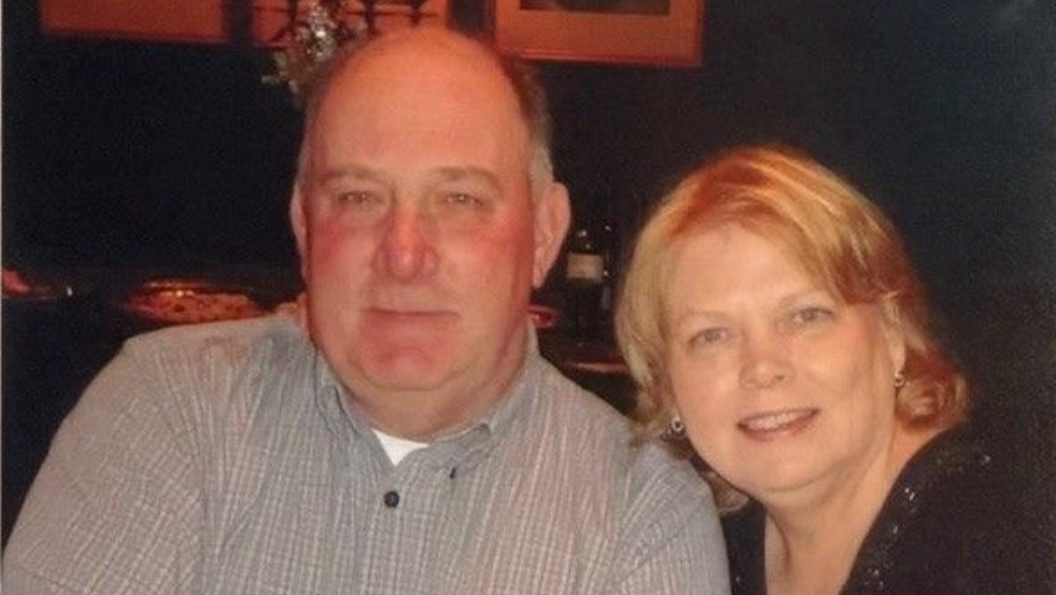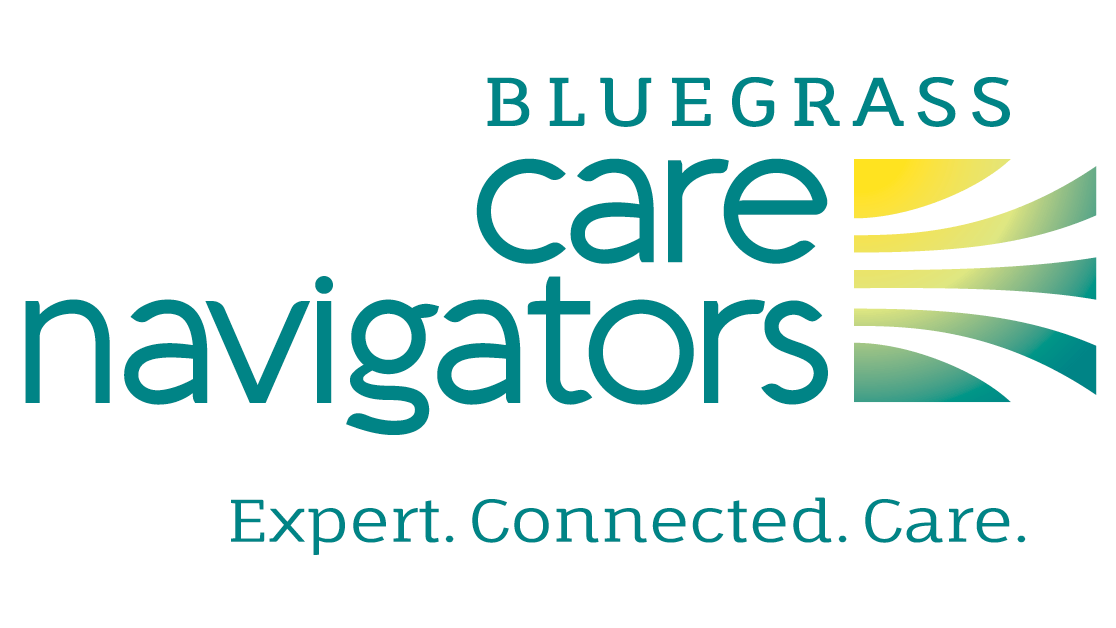Bluegrass Care Navigators can help shoulder the burden of dealing with extreme health challenges and end of life situations. We ease pain and relieve stress. We stand beside you and your loved ones with sincerity, respect and a sure hand to guide you through difficult times.
You are not alone, because we are right there with you.
Bluegrass Care Navigators News

The Bluegrass PACE Care team and participants kicked off the holiday season with their annual Thanksgiving lunch. The atmosphere was filled with gratitude and joy, as everyone enjoyed a delicious meal and each other's company. The PACE team continued to celebrate the holiday season with fun activities in the weeks to come.

As a Support Center RN, I’ve witnessed many moments of compassion, but few have touched me as deeply as the call I received from a patient’s wife in our Pikeville region. She shared how our nurse, Tiffany Little (RN), provided care with such warmth and dedication that her presence brought genuine comfort and support to their lives.

Team BCN brought compassionate, personalized care to Tim and Helen Hoffstedder during a challenging chapter in their lives. After receiving a dementia diagnosis almost seven years ago, Helen’s family did their best to care for her at home. When she required additional support, they moved her to ColdSpring Transitional Care where she could receive high-quality care around the clock. In February 2024, she began retaining fluid and had difficulty breathing. The team at ColdSpring Care referred the family to Bluegrass Hospice Care and that extra support brought her husband Tim immense reassurance.








